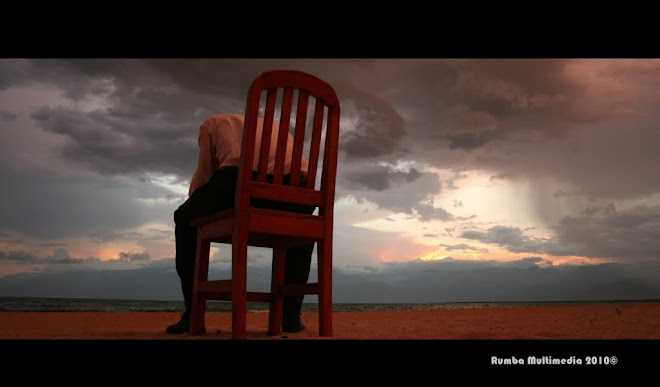What's in a tribe?
For centuries, tribes have been defined by their mythical origins; the enclosures that confine their peoples and the cultural practices that bind the people together.
For centuries, tribes have been defined by their mythical origins; the enclosures that confine their peoples and the cultural practices that bind the people together.
In medieval times these were villages in which people spoke the same language; shared cultural practices; had similar eating habits and cuisines and were guided by the same rules and taboos.
With these characteristics, one can make a clear distinction between the Welsh and the Irish; the Shona and the Ndebele; the Maasai and the Swahili; the Flemish and the Walloon or the Somali and the Amhara.
With these characteristics, one can make a clear distinction between the Welsh and the Irish; the Shona and the Ndebele; the Maasai and the Swahili; the Flemish and the Walloon or the Somali and the Amhara.
If we are to apply the same definitions of tribe to today's context, wouldn't tribe be defined by:
Our abodes: Our furnished-gated and policed estates compared to the desolate tin-roofed slums our house servants live in;
Our languages: the rural or urban dialects we rap by corrupting conventional language as opposed to the drawled twangs articulated by those that have sojourned overseas;
Our food: our sumptuous oily fast-foods versus their high-end à la carte menus; our air-conditioned, reserved-seating, five-star restaurants as opposed to the crumpled polythene-walled food kiosks our casual employees frequent;
Daily living habits: the potholes and insults we collectively endure in public service vehicles on the way home or to work contrasted to the smooth chauffeured rides that our leaders enjoy on paved roads with manicured landscapes and pedestrian walkways; the day-long traffic jams on narrow back roads we frustratingly and obediently sit in as the ruling classes make half-hour trips across town on empty boulevards to their favourite golf clubs;
Our economic status: the haves versus the have nots; the rich versus the poor; the educated compared to the illiterate; the golf players against the football players; the gentlemen versus the hooligans; the elite versus the commoner...
Our economic status: the haves versus the have nots; the rich versus the poor; the educated compared to the illiterate; the golf players against the football players; the gentlemen versus the hooligans; the elite versus the commoner...
Hopefully, in the very near future, virtual communities shall redefine tribe as we know it. Facebook, Hi5, MySpace, Google+... shall become our modern day tribes. Our languages shall metamorphose into vowelless jumbled consonants to economise on space and time. We shall experience love online with people we have never seen; traditional love-making shall be replaced by flattery and kinky displays of affection and body parts on inter-looping online videos; our eating and buying habits shall be driven by online menus; discrimination shall be premised upon social networks we are (not) wired to.
The outcome is that yesterday's definition of tribe shall ultimately be replaced by a definition that transcends villages, cities, countries and continents.
The outcome is that yesterday's definition of tribe shall ultimately be replaced by a definition that transcends villages, cities, countries and continents.
Inspired by Linda Ochanda...


